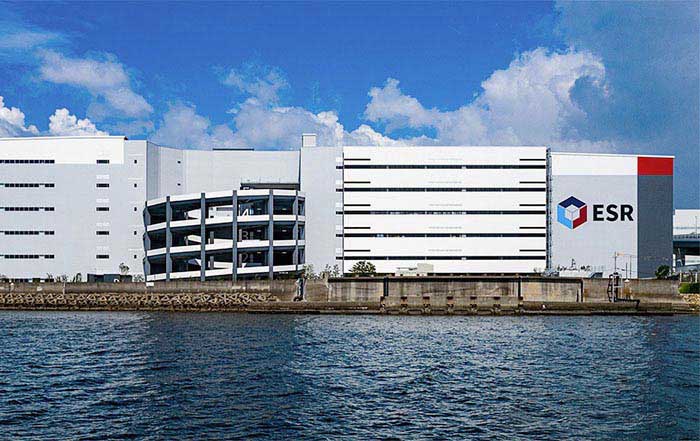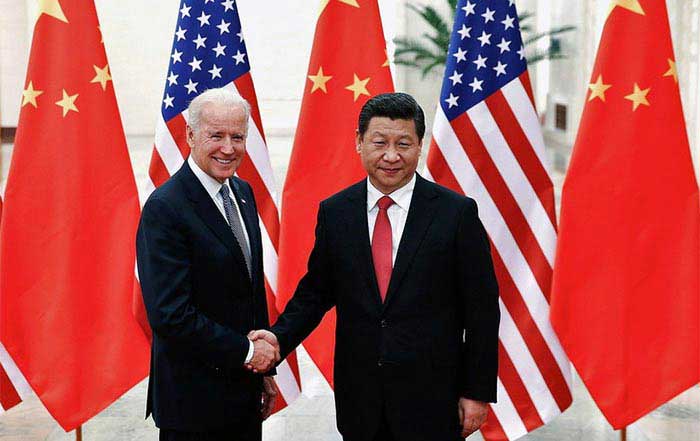Music China, jointly organized by CMIA, Shanghai INTEX, and Messe Frankfurt, returns to Shanghai, China, October 26th -29th, 2022. As its 20th edition, Music China this year will feast your eyes with not only front-edge products but also various events to celebrate the anniversary.
Having been held for 20 years, Music China has contributed to building an international platform for exhibition and exchange of musical instruments in the global market, helping open a widow for Chinese products to go abroad and also for international brands to enter the Chinese market. In 2020, despite the COVID-19 pandemic Music China was successfully held, hosting 1,106 exhibitors from 15 countries and regions, and drawing a total of 81,761 visitors onsite and 1.62 million viewers online. In 2021, although the exhibition was called to a halt due to domestic pandemic plans, an online program was held to meet the needs for business match-making, new product launch, and branding, drawing a total of 239,000 visits online.
Embracing its 20th anniversary this year, Music China will continue to upgrade itself in both depth and breadth – with a parallel development of the digital and physical exhibition, as well as an extension of the exhibit categories and the exhibition space to 115,000 m2. As a complementary service, the online exhibition and business match-making meetings will be held to meet the needs for international trade during the epidemics, generating a tremendous buying power in the collapsed distance.
To promote music business, education, and culture, Music China will also throw a series of concurrent events covering all aspects of music, such as the Industry Forum, the New Product Global Launch, the National Music Education Conference, and the Future Music Festival. Those events will not only allow exhibitors to explore more channels for branding and marketing their products but also deliver valuable content related to music to audiences from all walks of life.
Although the pandemic has been keeping people away from each other, Music China will try to bring the global practitioners together through Internet, and continue its efforts in generating business opportunities for brands and traders on this functional platform, and contributing to the prosperity of the global music industry. We look forward to seeing you on Oct. 26th -29th in Shanghai New International Expo Centre, sharing with you the fruit of the past 20 years, and making a brand-new start for the prosperous future.




